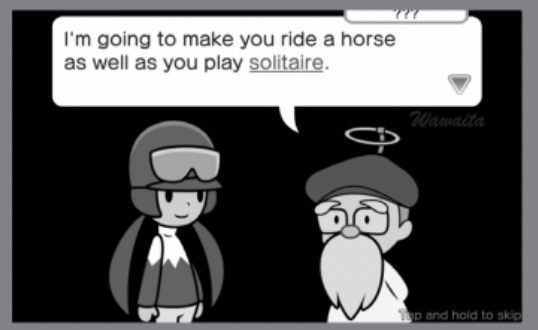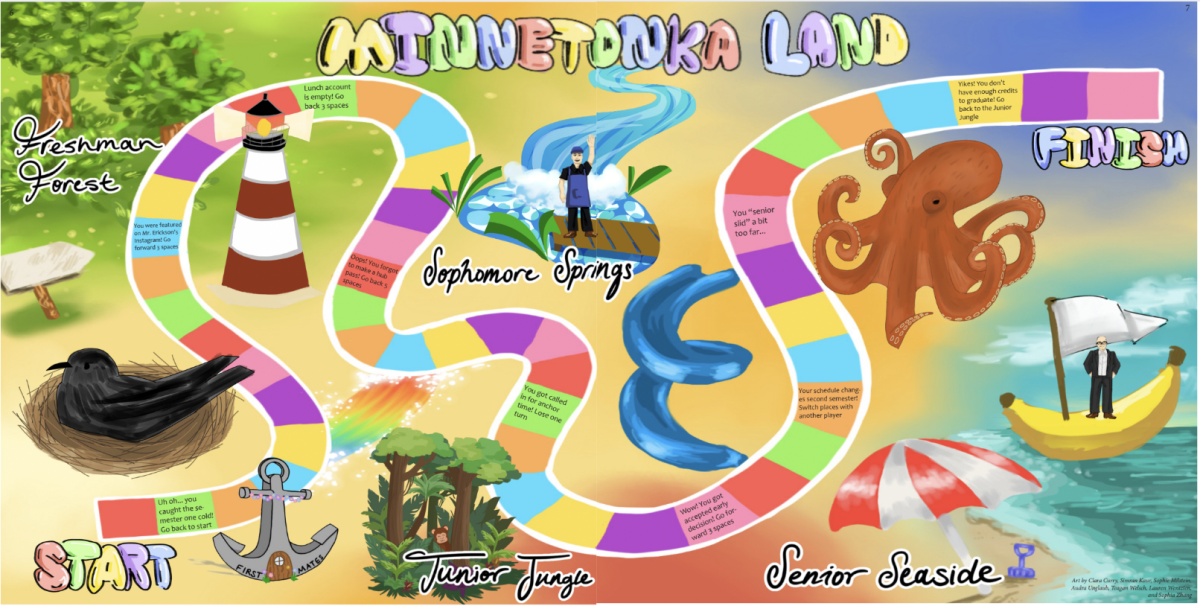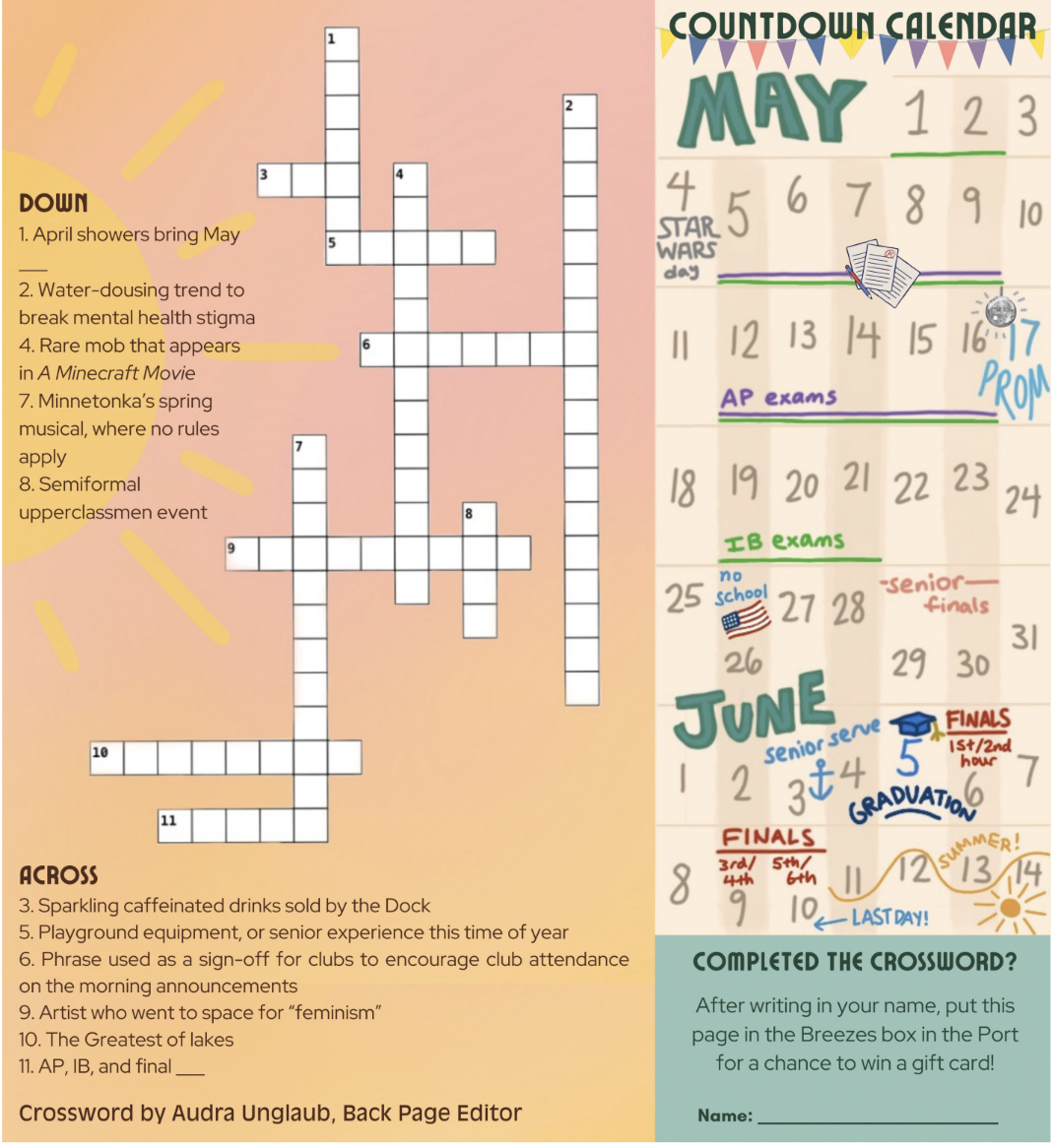You may have heard the term “gifted kid burnout.” Unfortunately, it is a very real thing that comes from labeling the abilities of elementary-aged kids. But what does it even mean to be gifted? In Minnetonka’s Navigator program, it means taking an IQ test and getting a result of 140 or above. But that’s not the whole story. A unique educational opportunity that sets out to provide students with resources adapted to their abilities often results in negative consequences from the labeling of young children. According to the University of North Carolina-Wilmington, gifted education was introduced in the Cold War due to Russia’s launch of the “Sputnik” satellite and a drive for improving American education and the country’s competitiveness. Ever since, gifted education and labeling has remained a controversial topic.
When eight-year-olds are taken to a new class and taught the word “gifted,” they are also taught the expectations that come along with it. Teachers tell students they learn differently, but it’s soon twisted into a narrative that these kids are more intelligent. Charlie Cummings, ‘26, says, “the set-up of the program really just made it seem as though I was better than everyone else and gave me a poor work ethic.” This leads to long-term harm when students encounter genuinely challenging content in their education but lack the confidence to speak up, instead grappling with perfectionism and high self-imposed expectations.
However, the “gifted” label doesn’t only affect those with that label. At Minnetonka, adults and kids tend to form strong opinions on the Navigator program and what that means for everyone else. Sadi Stowers, ‘26, explains that the program branded itself as “just for smart kids,” and that contributed to a mindset where she said, “I wasn’t a part of that group so I can’t do certain things or I wasn’t smart enough to really challenge myself.” Despite teachers’ efforts not to separate kids from one another, it quickly becomes apparent that Navigator kids are different, leading to unhealthy comparison and division between young children.
Elementary schools seem to be one big game of telephone, where a gifted program will eventually be ousted as different. Though teachers and administrators may contribute to this narrative, it’s likely the design of the program itself that leads to the closed mindsets of young kids, and there may not be a way to fix this. The intention behind creating gifted programs was to adapt to each child’s unique potential, but these kids often settle for a label.

























